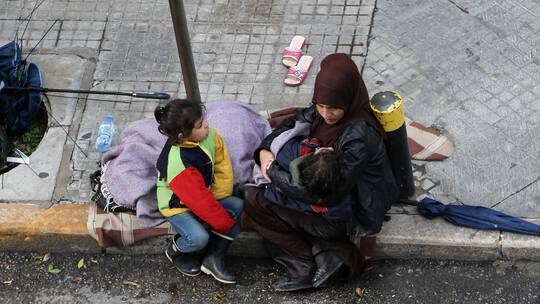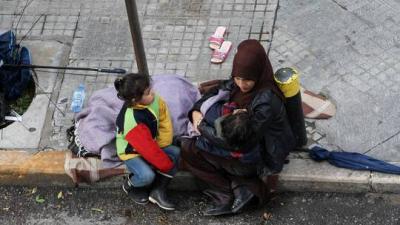The United Nations Children's Fund (UNICEF) warned that the future of children in Lebanon is "at stake" due to the worsening effects of the economic collapse. UNICEF Representative in Lebanon, Yuki Moko, stated, "The magnitude and depth of the crisis should serve as a wake-up call for everyone to act now," adding that "urgent actions are urgently needed to ensure that no child suffers from hunger, falls ill, or is forced to work instead of receiving an education."
A study conducted by the organization over six months revealed that "hundreds of thousands of children in Lebanon are at risk," mentioning a "dramatic decline in the living conditions of Lebanese children," while refugee children continue to bear the "heavy burden." The study showed that "53 percent of families had at least one child who missed a meal in October compared to 37 percent in April." Three out of ten families had to reduce their education expenses.
Amid the crisis, many children found themselves with only one option: to work. The report indicated an increase in the number of families that sent their children to work from nine to 12 percent, with the rate among Lebanese families rising nearly sevenfold. The crisis also affected children's health, as 34 percent did not receive the healthcare they needed in October compared to 28 percent in April.




